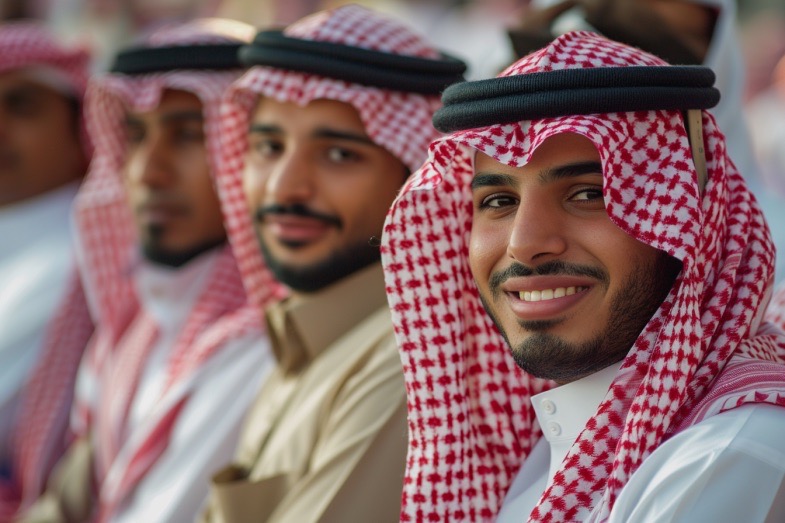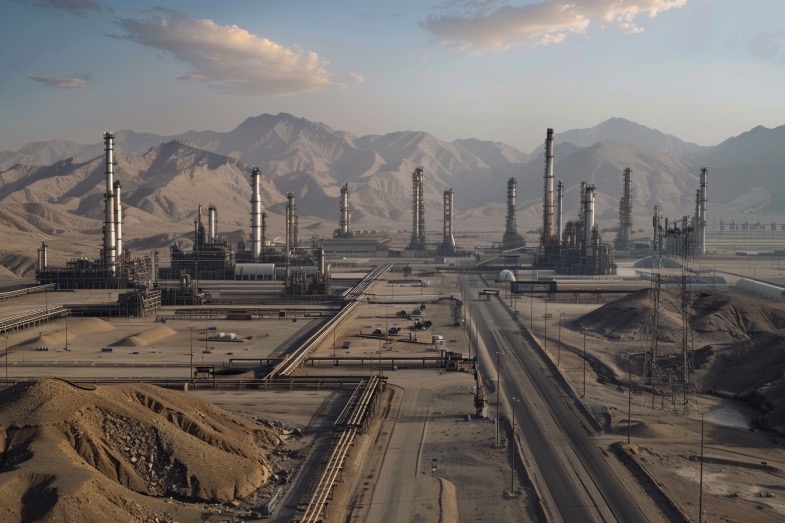China Returns Planes Ordered from US in Retaliation Over Trump Tariffs
In a bold move of retaliation against Trump’s tariffs, China has sent back planes it ordered from the US, as confirmed by Boeing’s CEO, Kelly Ortberg.
Ortberg revealed that two planes have already been returned, with another one set to follow, amidst escalating trade tensions between the two countries.
Boeing’s chief executive informed CNBC that while 50 more planes were scheduled for delivery to China this year, their customers have indicated they will not be accepting them.
The US imposed 145% tariffs on imports from China, prompting China to respond with a 125% tax on US products.
President Trump expressed optimism about improving trade relations with China, hinting that the imposed tariffs could potentially decrease, but not to zero levels.
However, Ortberg disclosed that China has halted the acceptance of aircraft deliveries due to the tariff environment.
Boeing, being America’s largest exporter with a significant portion of its commercial aircraft sales outside the US, is now exploring options to re-market 41 of the already built planes to other airlines, given the high demand.
Ortberg emphasized the importance of understanding the intentions of customers regarding the remaining nine planes in production, assuring that Boeing will not continue building aircraft for customers who refuse to take them.
Engaging in ongoing discussions with government officials, Ortberg expressed hope for successful negotiations amidst the trade war between China and the USA.
America’s Treasury Secretary Scott Bessent highlighted the potential for a substantial trade deal between the US and China, emphasizing the need for China to reduce its dependence on manufacturing exports.
Boeing’s CFO, Brian West, stressed the significance of free trade policies and assured continued collaboration with suppliers to maintain production continuity despite tariffs affecting the supply chain.
Despite facing challenges in 2024, Boeing reported smaller losses in the first quarter of the year, aiming to ramp up production of its 737 MAX jets to 38 per month by 2025.



